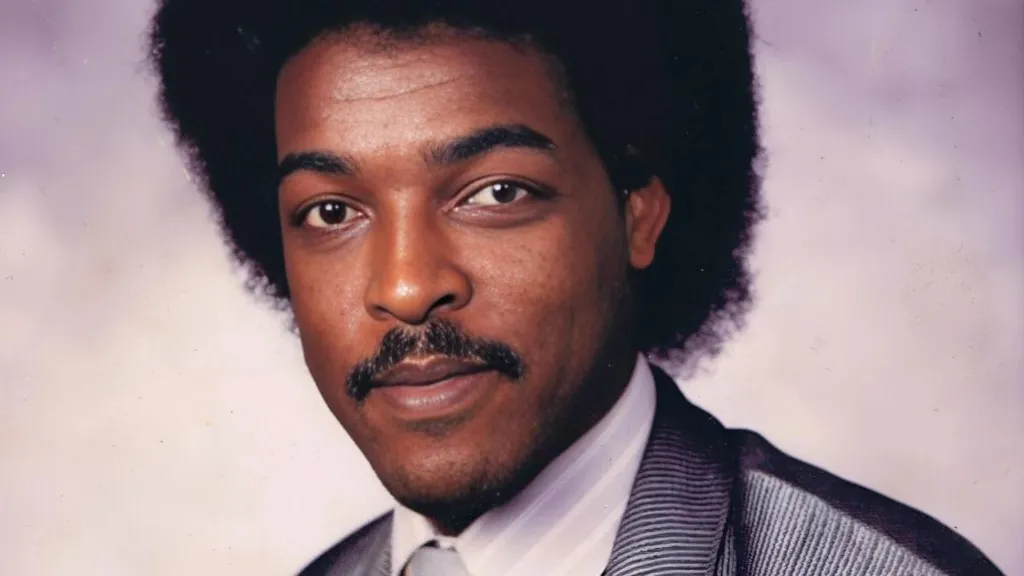World’s longest detained journalist wins rights prize
3 min read
Dawit Isaak

Dawit Isaak
Dawit Isaak, the journalist who has been imprisoned without trial in Eritrea for over two decades, has been awarded the Edelstam Prize for his exceptional courage in defending freedom of expression. Isaak, who holds both Eritrean and Swedish citizenship, was recognized by the Edelstam Foundation for his unwavering commitment to human rights despite being detained since 2001.
Isaak was one of the founders of Setit, Eritrea’s first independent newspaper. His journalistic work, which included criticism of the government and calls for democratic reforms, led to his arrest during a sweeping government crackdown on dissent. In September 2001, following the publication of letters demanding political change, Isaak and about two dozen other individuals, including senior ministers and journalists, were detained without trial. The Eritrean government has provided no information on his location or health status, and many of those imprisoned alongside him are believed to have died.
The Edelstam Prize, which is awarded annually to individuals who show exceptional bravery in defending human rights, will be presented to Isaak’s daughter, Betlehem Isaak, in Stockholm on November 19th. Dawit Isaak remains imprisoned in Eritrea, and his daughter will accept the award on his behalf.
Caroline Edelstam, chair of the Edelstam Prize jury, emphasized that Isaak’s continued imprisonment marks him as the longest-detained journalist in the world. She described his situation as an “enforced disappearance,” as Isaak has never been formally charged with a crime, denied access to his family, and has had no opportunity for legal counsel. “We are deeply concerned about his health and the fact that Eritrean authorities continue to refuse to disclose his whereabouts,” Edelstam said. “His courage stands as a powerful testament to the principle of freedom of expression.”
The Edelstam Foundation, in its statement, called for the immediate release of Isaak, urging Eritrean authorities to allow international monitors to assess his condition and provide him with legal representation. The foundation also called on the global community to put pressure on Eritrea to release Isaak and implement reforms that protect press freedom and human rights.
Eritrea, a country located in the Horn of Africa, is notorious for its tight control over the media. It is the only African country with no privately owned media, as the government shut down all independent press outlets in 2001, citing “national security” concerns. Since that time, the country has become one of the most repressive regimes in the world, with its president, Isaias Afwerki, having ruled for nearly 31 years without holding a national election.
Isaak’s story begins in 1987 when he fled Eritrea during its war for independence and sought refuge in Sweden. He became a Swedish citizen and returned to Eritrea in 1993, following the country’s independence. Isaak soon began working as a journalist, using his platform to advocate for press freedom and democratic governance. His publication of critical pieces and his involvement in Setit made him a target for the government’s crackdown on independent media.
Isaak’s continued imprisonment has drawn international condemnation, with rights groups and press freedom organizations repeatedly calling for his release. Despite being held for more than two decades, Isaak’s case has remained a symbol of the struggle for free expression in Eritrea. His work and dedication to human rights have inspired a global movement demanding his release and greater freedom for the press in Eritrea.
The Edelstam Prize, named after Swedish diplomat Harald Edelstam, honors individuals who display extraordinary courage in defending human rights. It has been awarded annually since 2007, recognizing those who act fearlessly in the face of oppression. Isaak’s award highlights not only his personal bravery but also the continued fight for press freedom and human rights in Eritrea.
As the world’s longest-detained journalist, Dawit Isaak’s plight continues to shine a light on the repressive regime of Eritrea. His case exemplifies the dangers faced by those who challenge oppressive governments in pursuit of truth and justice. The Edelstam Prize, by honoring Isaak’s courage, renews the call for his release and brings greater attention to the ongoing struggle for human rights and free expression in Eritrea and beyond.